During the ongoing 2017 Tokyo Motor Show we interacted with a few executives from Toyota’s global team who revealed that the Toyota-Suzuki alliance has reached the final stages and the future looks “exciting” for India.
Earlier this year in February, Suzuki and Toyota announced a global technological tie-up and India was one of the countries which would benefit from this alliance. With changing norms and buying trends, the obvious focus would be in areas such as hybrid and electric vehicles, safety and information technologies, along with sales, distribution and cost-effective supply of components.
We also had a brief chat with Hiroyuki Fukui, Chief Executive Officer of Asia, Middle East and North Africa Region, Toyota Motor Asia Pacific, who has a great understanding of the region including India. He confirmed that the Suzuki-Toyota alliance will have an impact on India, but added that Toyota are “in no hurry” and will take one step at a time and not make any hasty decisions.
Fukui said that Suzuki are “the masters” and Toyota are observing and learning. Maruti Suzuki have truly mastered the art of low-cost development and cost-effective production, and have great understating of the Indian market – launching one success story after another. In India, Toyota Kirloskar Motor have gained popularity in bigger, more expensive cars, such as the Fortuner SUV and the Innova MPV, which help the company garner close to five per cent market share in the last two decades of existence. In comparison, every other car sold in India is a Maruti Suzuki, with the company holding the lion’s share of just under 50 per cent.
Having said that, Suzuki haven’t been as successful with hybrid cars as Toyota, and would hugely benefit with Toyota’s vast know-how in the EV and hybrid space. Moreover, the two companies might even co-develop new global hybrid models to share the development cost but package the cars individually, distinguishing each brand’s identity and appeal.
India will remain at the epicentre for these co-developed future cars, since our county is expected to be the second-largest passenger vehicle market by 2026. And, since we have decided to jump straight to Bharat Stage VI norms in 2020 from the current BS IV, investing in hybrids and EVs seem to be the logical way forward.
The pieces start falling in to place, when you bring in to the equation Suzuki’s new Lithium-ion battery pack plant (in association with Toshiba and Denso) coming up in Gujarat and expected to start production by 2020. This will further help in bringing the cost down for hybrid and all-electric cars of the future.
For now, Toyota are eager to learn from Suzuki’s key strengths including localisation, better sourcing of components, and strong dealer network to improve their footprint in India. So, the idea of introducing the more cost-effective Daihatsu brand in the country is clearly on hold, but the low-cost car brand will be available in other developing markets. It will remain interesting to see if Toyota use the cost-effective Daihatsu platform on future Toyota cars in India.
Back in 2016 during the Auto Expo presentation in New Delhi, Toyota had shared plans of reviving the Daihatsu brand to make inexpensive and efficient cars for growing economies like India. And, in the last couple of years, the company had been mulling the idea of introducing the low-cost car brand to India. The scenario in the Indian car market has changed in the last few years, however. with the introduction of Datsun, the low-cost brand from Nissan, which received a lukewarm response so far. Moreover, Maruti Suzuki have been successful in shedding their small-car-maker image with the acceptance of the Nexa sub-brand. Seeing this, Toyota probably find it more feasible to replicate the Maruti phenomenon in India and learn from the “masters” directly.
Story: Sarmad Kadiri


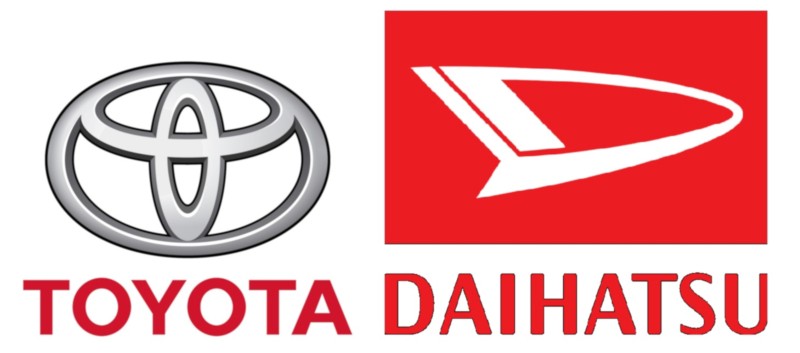
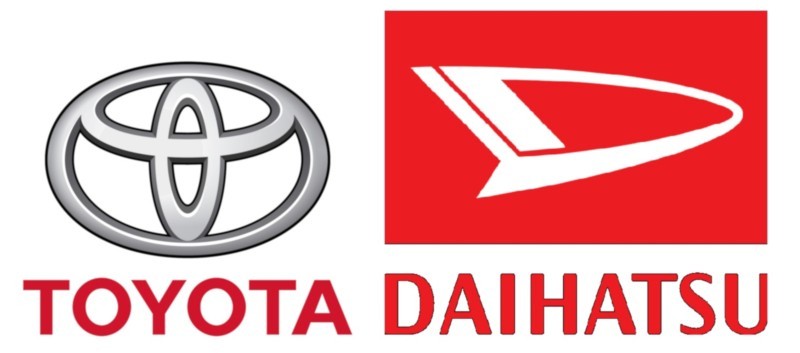
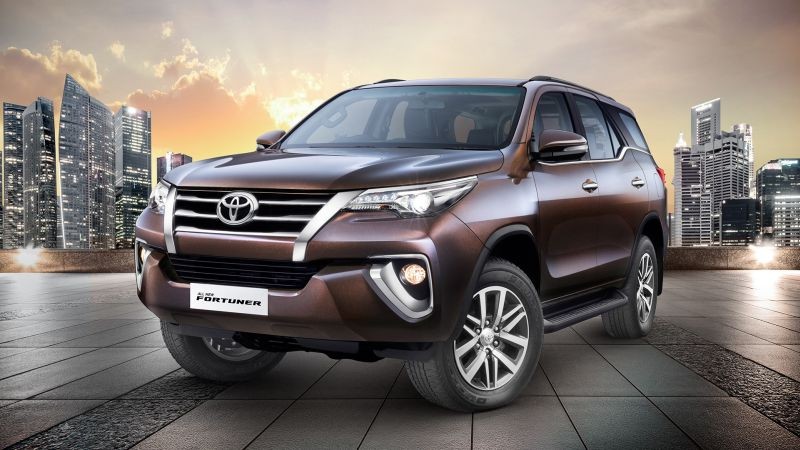


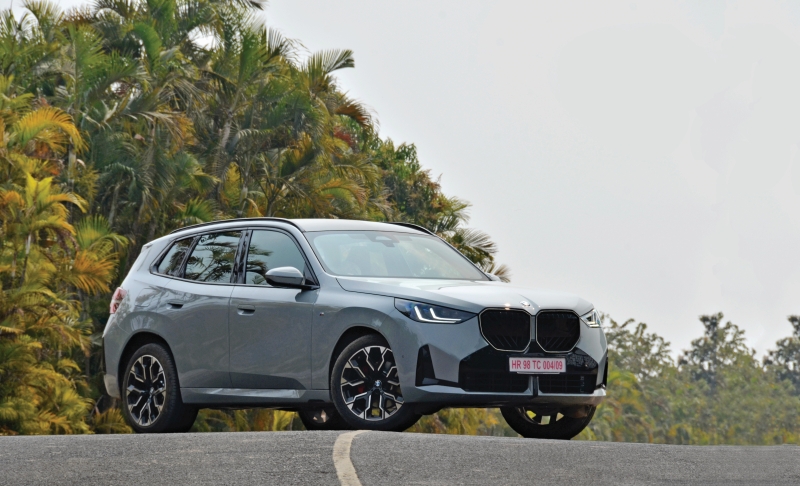


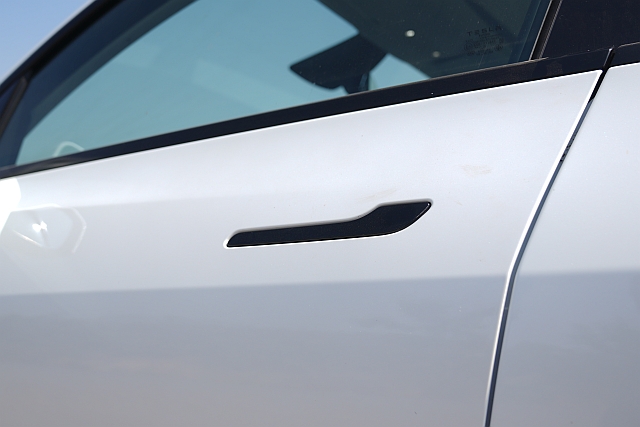
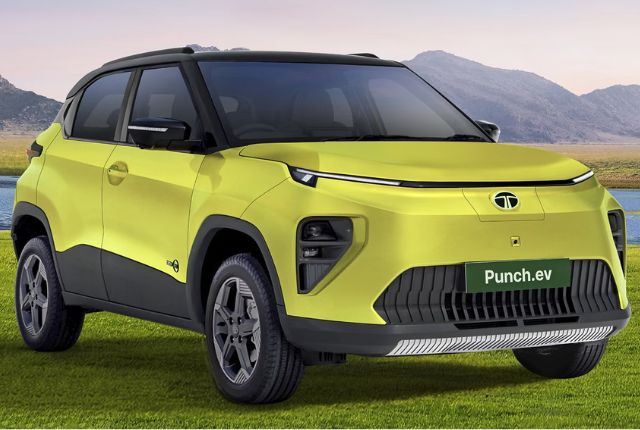
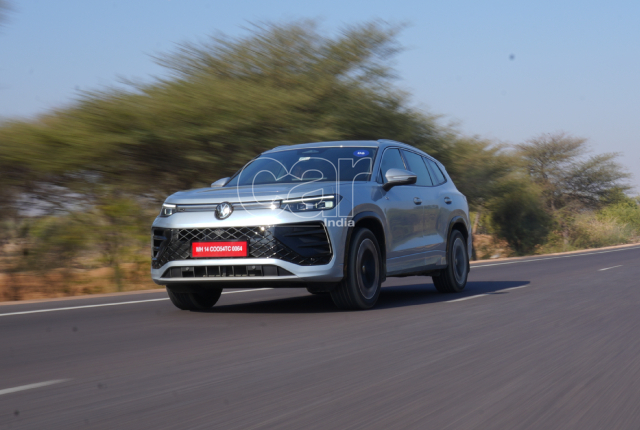

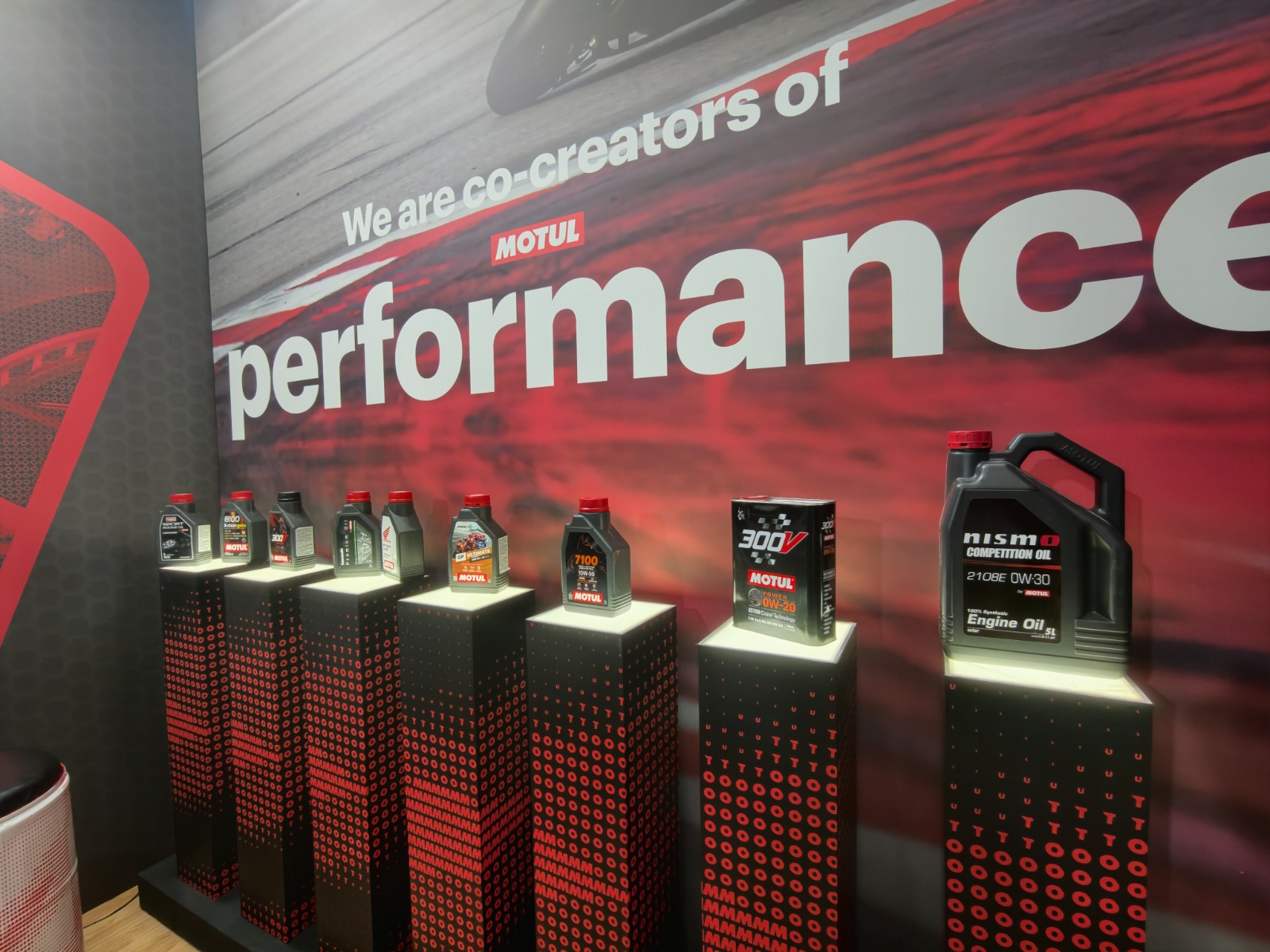
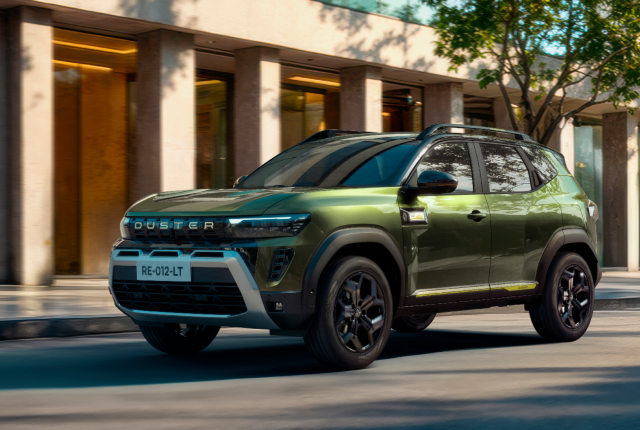

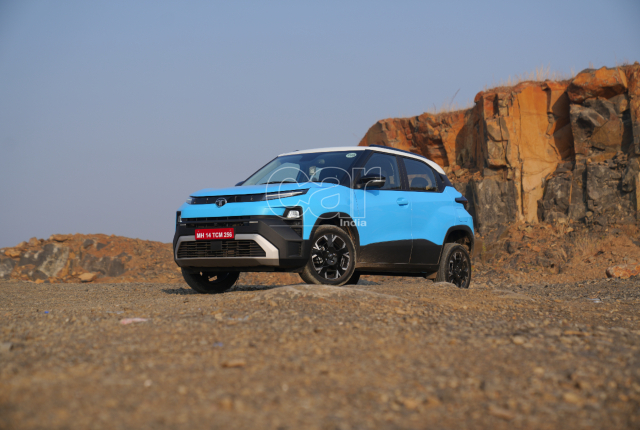
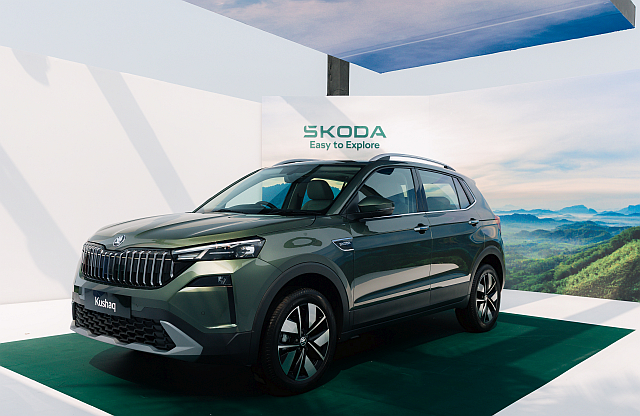
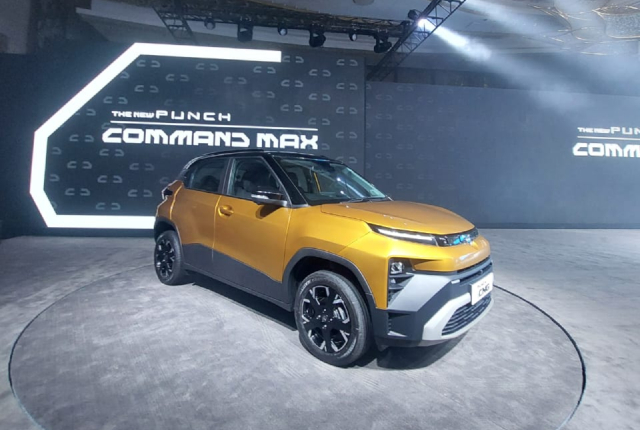

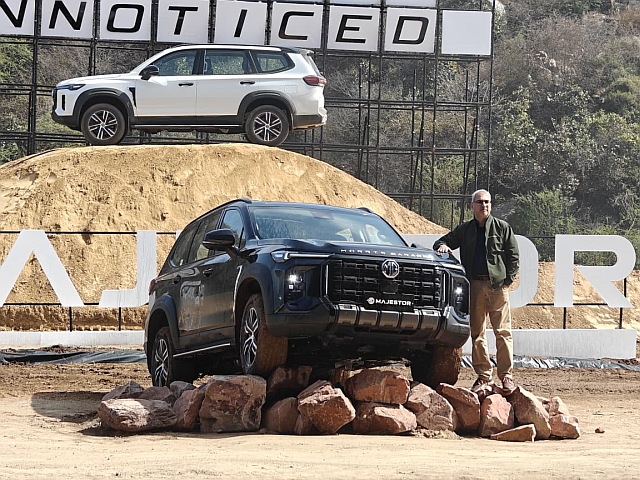
Leave a Reply